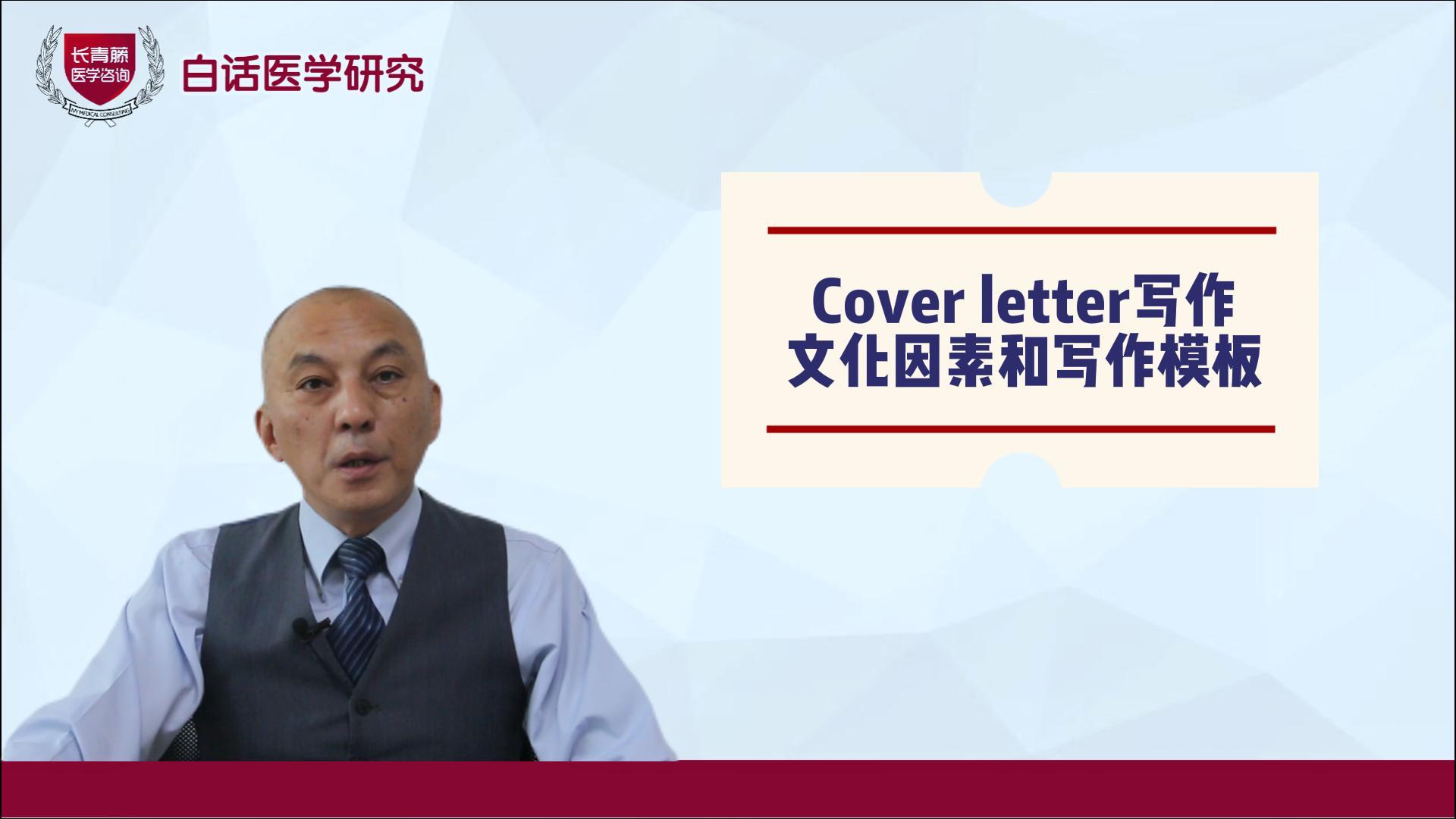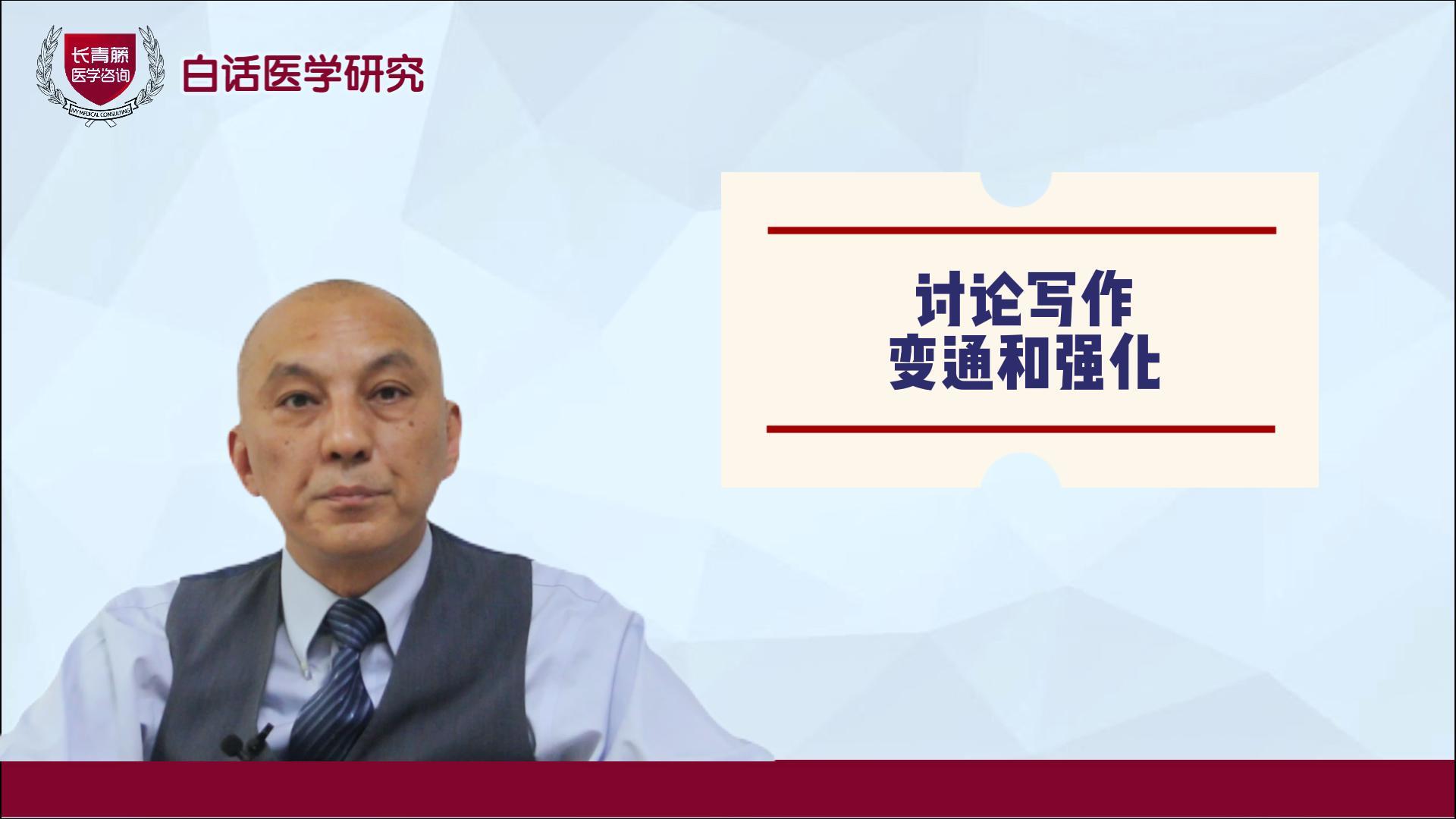2023-01-16


在多达三分之一的男性中,前列腺癌的诊断和治疗与焦虑、恐惧和抑郁有关。瑜伽可以改善多种癌症患者的健康相关生活质量(QoL),但在前列腺癌患者中缺乏其提高生活质量功效的证据。
在这项随机对照研究中,29名新诊断为局限性前列腺癌的男性在根治性前列腺切除术前被随机分为6周瑜伽组(n = 14)和标准护理组(n = 15)。主要结局是自我报告的生活质量,在基线、术前和术后6周通过扩展前列腺指数综合(EPIC)、癌症治疗-前列腺功能评估(FACT-P)、慢性疾病治疗-疲劳功能评估(FACIT-F)、癌症治疗-常规功能评估(FACT-G)进行评估。次要结果是瑜伽对免疫细胞状态和细胞因子水平的改变。
瑜伽对生活质量的最大好处体现在pic -sexual(平均差8.5分)、FACIT-F(6.3分)、fact -功能性健康(8.6分)、fact -身体健康(5.5分)和FACT-Social健康(14.6分)。瑜伽组的循环CD4+和CD8+ t细胞数量增加,自然杀伤细胞产生更多的干扰素γ,自然杀伤细胞中Fc受体III表达增加。瑜伽组还显示调节性t细胞、骨髓源性抑制细胞数量减少,表明具有抗肿瘤活性,炎症细胞因子水平降低(粒细胞集中性刺激因子[0.55 (0.05-1.05),p = 0.03],单核细胞趋化蛋白[0.22 (0.01-0.43),p = 0.04], fms样酪氨酸激酶-3配体[0.91 (-0.01,1.82),p = 0.053]。
Abstract
Background: Diagnosis and treatment of prostate cancer is associated with anxiety, fear, and depression in up to one-third of men. Yoga improves health-related quality of life (QoL) in patients with several types of cancer, but evidence of its efficacy in enhancing QoL is lacking in prostate cancer.
Methods: In this randomized controlled study, 29 men newly diagnosed with localized prostate cancer were randomized to yoga for 6 weeks (n = 14) or standard-of-care (n = 15) before radical prostatectomy. The primary outcome was self-reported QoL, assessed by the Expanded Prostate Index Composite (EPIC), Functional Assessment of Cancer Therapy-Prostate (FACT-P), Functional Assessment of Chronic Illness Therapy-Fatigue (FACIT-F), Functional Assessment of Cancer Therapy-General (FACT-G) at baseline, preoperatively, and 6 weeks postoperatively. Secondary outcomes were changes in immune cell status and cytokine levels with yoga.
Results: The greatest benefit of yoga on QoL was seen in EPIC-sexual (mean difference, 8.5 points), FACIT-F (6.3 points), FACT-Functional wellbeing (8.6 points), FACT-physical wellbeing (5.5 points), and FACT-Social wellbeing (14.6 points). The yoga group showed increased numbers of circulating CD4+ and CD8+ T-cells, more production of interferon-gamma by natural killer cells, and increased Fc receptor III expression in natural killer cells. The yoga group also showed decreased numbers of regulatory T-cells, myeloid-derived suppressor cells, indicating antitumor activity, and reduction in inflammatory cytokine levels (granulocyte colony-stimulating factor [0.55 (0.05-1.05), p = 0.03], monocyte chemoattractant protein [0.22 (0.01-0.43), p = 0.04], and FMS-like tyrosine kinase-3 ligand [0.91 (-0.01, 1.82), p = 0.053].
Conclusions: Perioperative yoga exercise improved QoL, promoted an immune response, and attenuated inflammation in men with prostate cancer. Yoga is feasible in this setting and has benefits that require further investigation.
原文链接
pubmed.ncbi.nlm.nih.gov/35934006/
百度浏览 来源 : 医微客
版权声明:本网站所有注明来源“医微客”的文字、图片和音视频资料,版权均属于医微客所有,非经授权,任何媒体、网站或个人不得转载,授权转载时须注明来源:”医微客”。本网所有转载文章系出于传递更多信息之目的,且明确注明来源和作者,转载仅作观点分享,版权归原作者所有。不希望被转载的媒体或个人可与我们联系,我们将立即进行删除处理。 本站拥有对此声明的最终解释权。




发表评论
注册或登后即可发表评论
登录注册
全部评论(0)